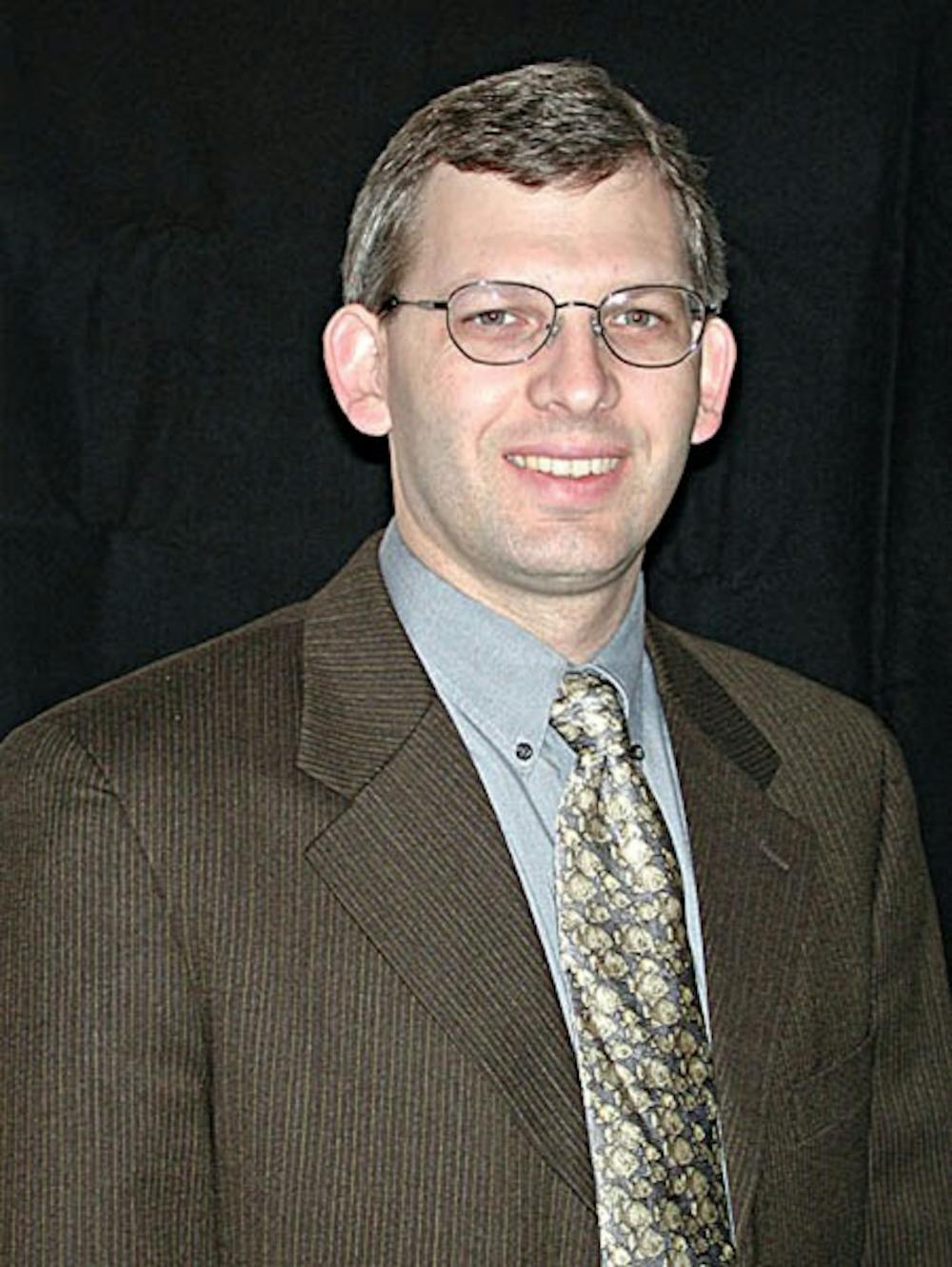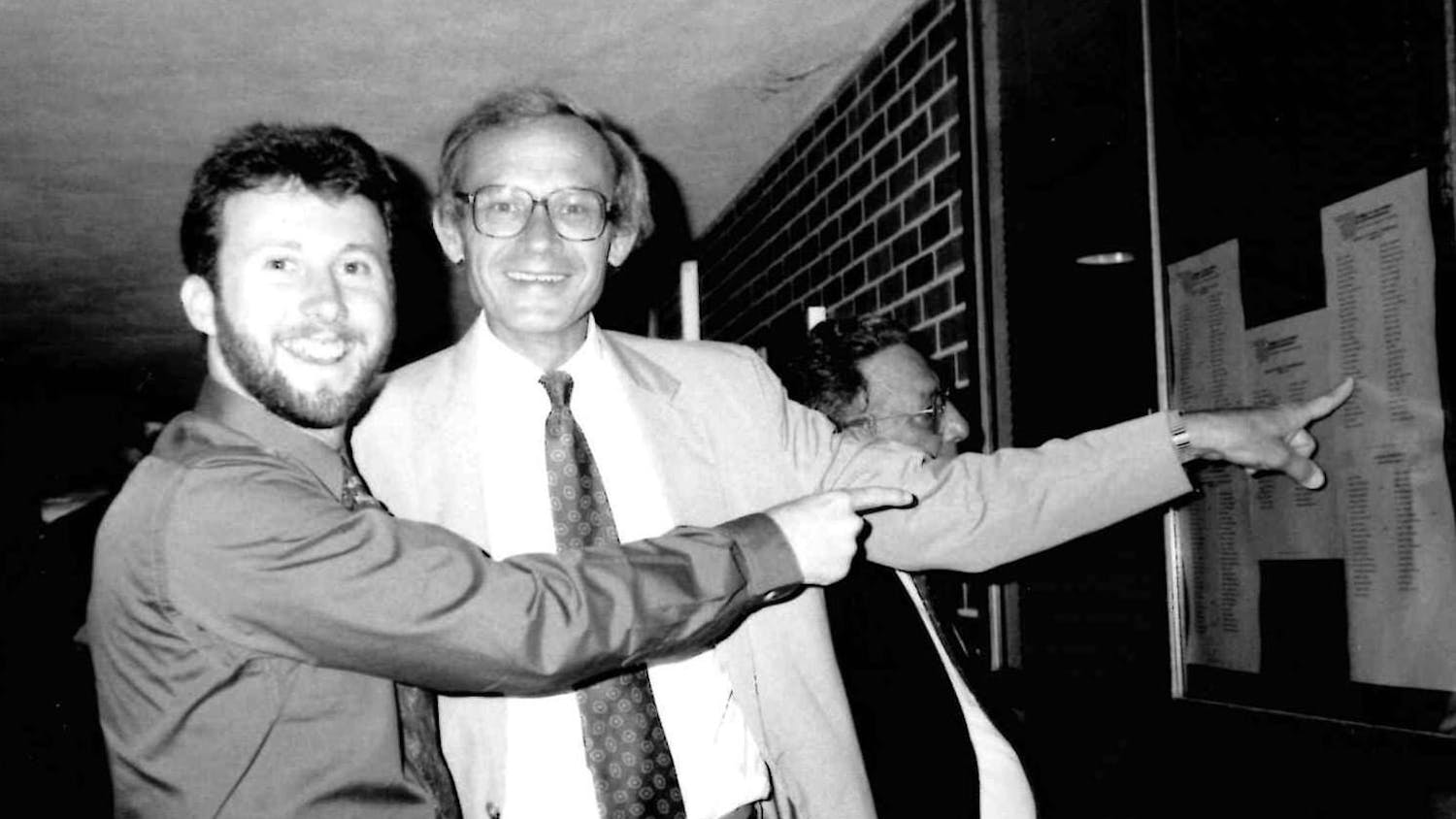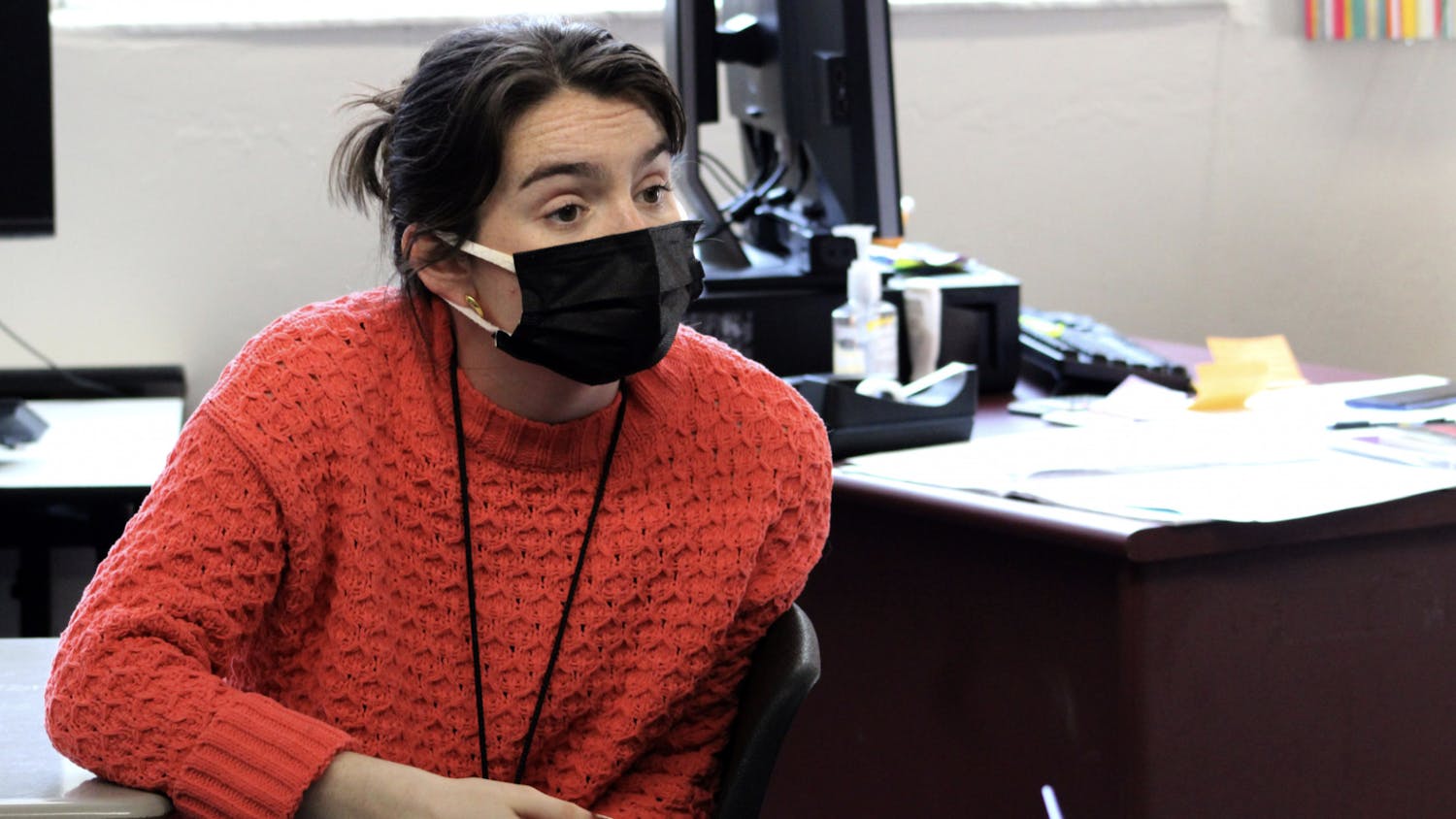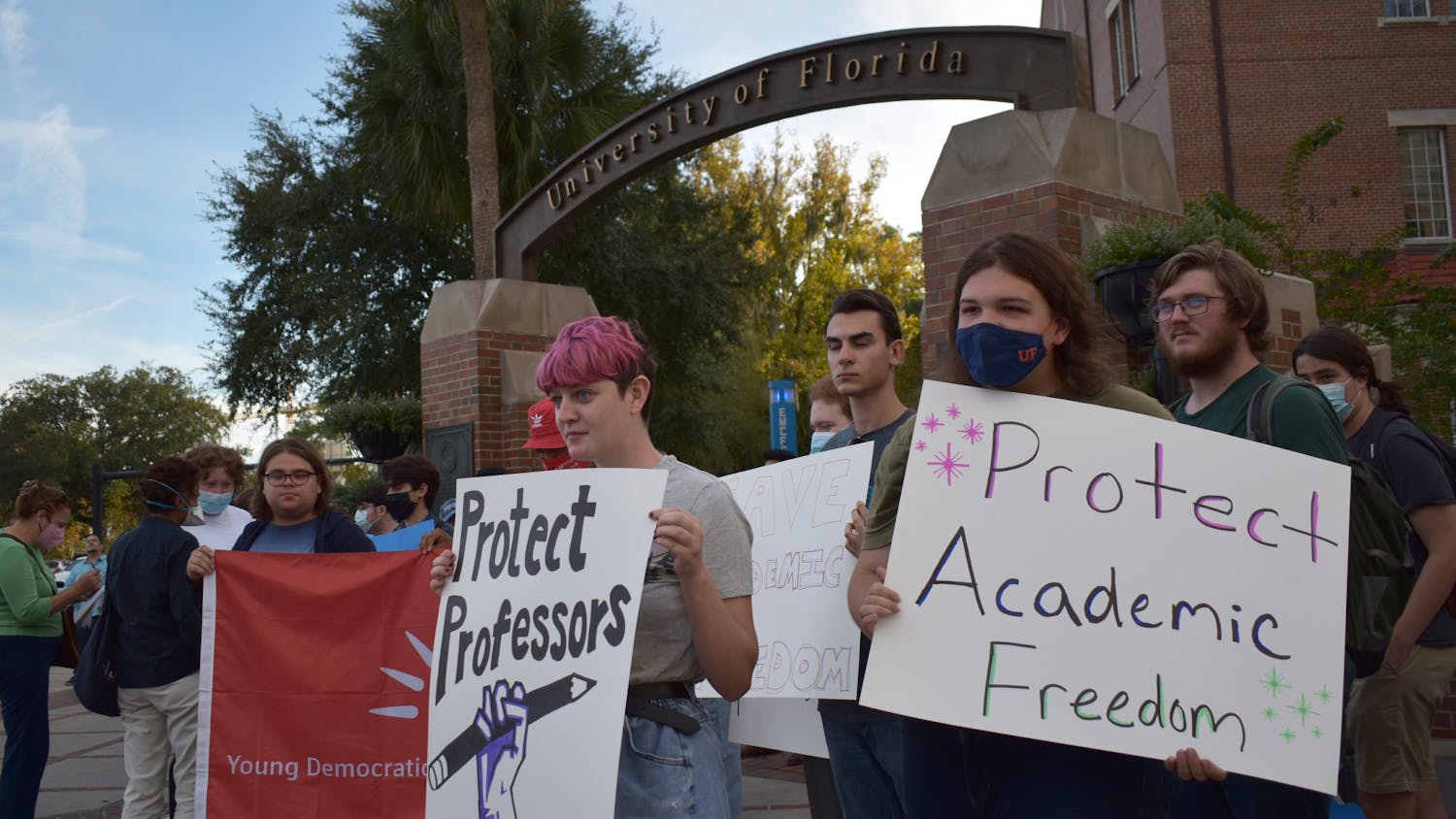Four days after the earthquake hit, Jason Byrd was in Haiti counting bodies.
Byrd, a UF forensic entomologist, works for the National Disaster Medical System, a response team that is part of the U.S. Department of Health and Human Services.
As a forensic entomologist, he uses bugs near corpses to determine how much time has passed since death.
He made two trips to Haiti and returned from his second trip on Feb. 28. While there, he estimated how many deaths there were, assessed how many U.S. citizens and foreigners were in the country when the earthquake hit and set up an identification system for the dead.
Byrd also works as the associate director for the Maples Center for Forensic Medicine at UF and teaches honors courses in forensic anthropology and forensic science.
He said the massive loss of life in Haiti took an emotional toll on him.
“Almost everyone that we talked to down there lost an immediate family member,” Byrd said.
He said Port-au-Prince contained the main airport, the main seaport, the seat of government and the seat of the military, and it was all destroyed.
“It crippled the country,” Byrd said.
He said some Haitians did not have a lot of resources to begin with, and many lost everything in the earthquake.
“I’ve never been around a population in any type of natural disaster that had as little as they did,” he said.
Byrd was there when the 6.0-magnitude aftershock hit, and he said it shattered his preconceived notions of what earthquakes felt like.
“The ground isn’t supposed to ripple like water,” Byrd said. “But it does.”
For Haiti to recover, Byrd said Port-au-Prince needs money for relief efforts and an urban plan to prepare the city for another earthquake.






